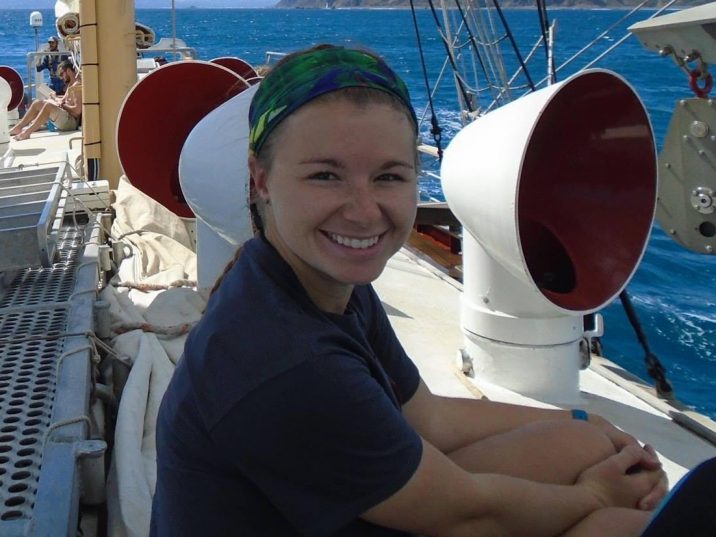From skinny sea lions on beaches in California, to hundreds of enormous dead whales in the fjords of Chile, scientists have been recently puzzled by a spate of dead and dying marine mammals. These events are so complicated- influenced by disease, biotoxins, ecosystem changes, and human interaction-that their cause can appear impossible to untangle. Yet a growing body of evidence strongly suggests that climate change has a hand in them all. This thesis examines marine mammal stranding events of the past and present to show how climate change will, and already has, impacted marine mammals, and how these events could serve as proxies for broader ecosystem changes in the years to come. By paying attention to whales and dolphins, seals and sea otters, we may be able to learn something about our planet, and how its changes will impact its most abundant mammal: us.
Swimming Sentinels: Climate Clues from Stranded Marine Mammals

By paying attention to whales and dolphins, seals and sea otters, we may be able to learn something about our planet, and how its changes will impact its most abundant mammal: us.




